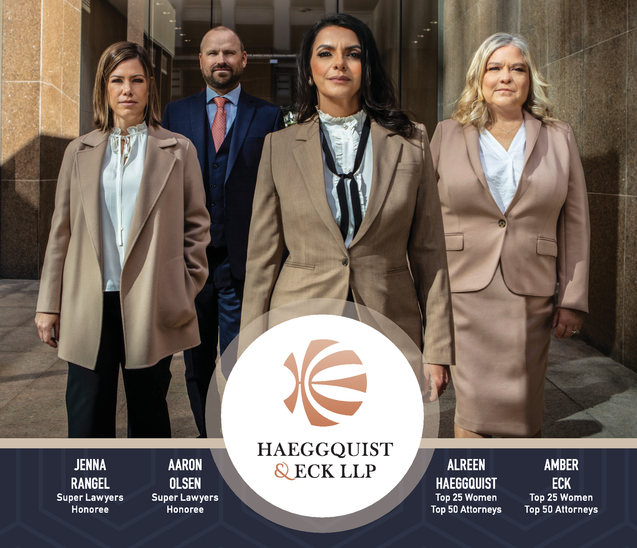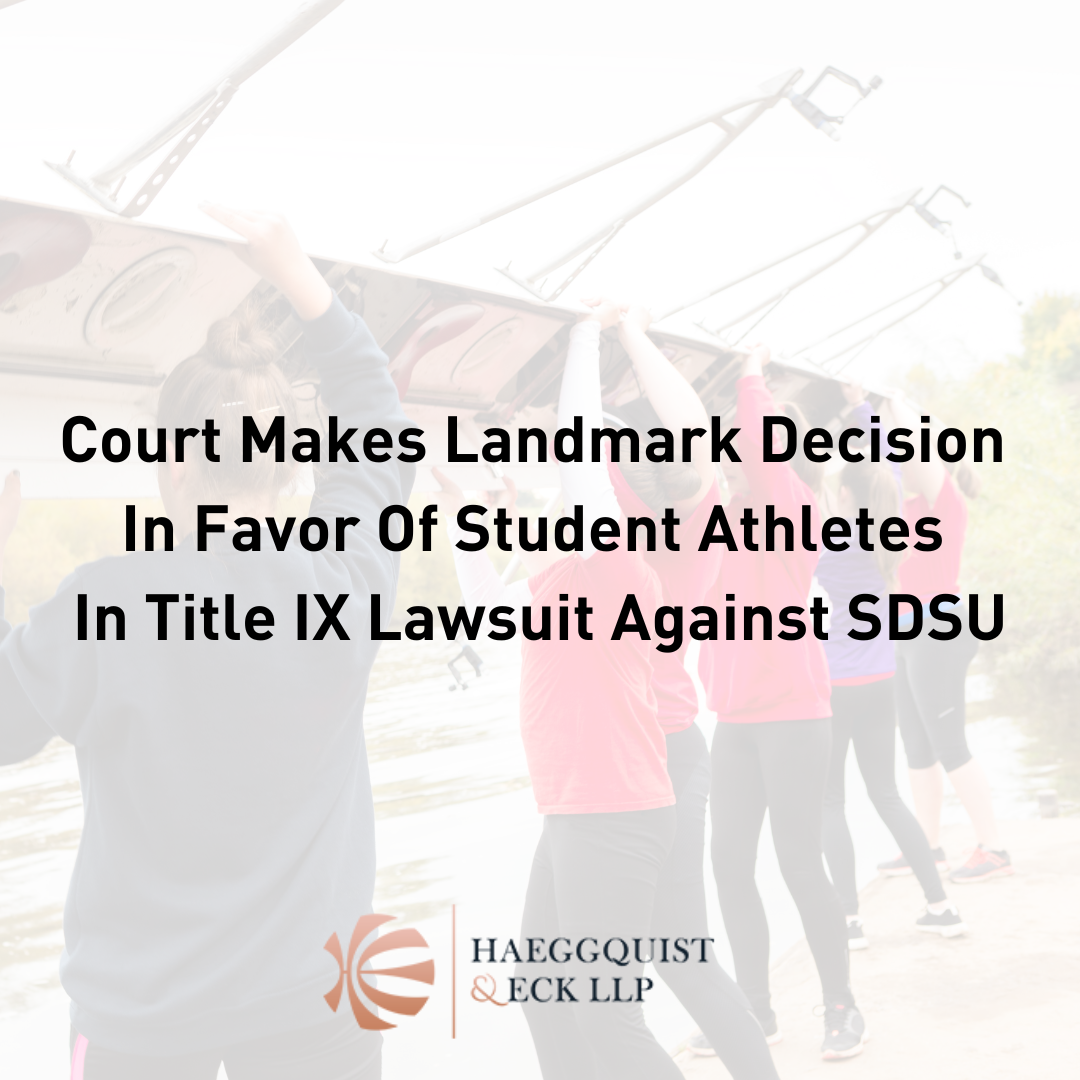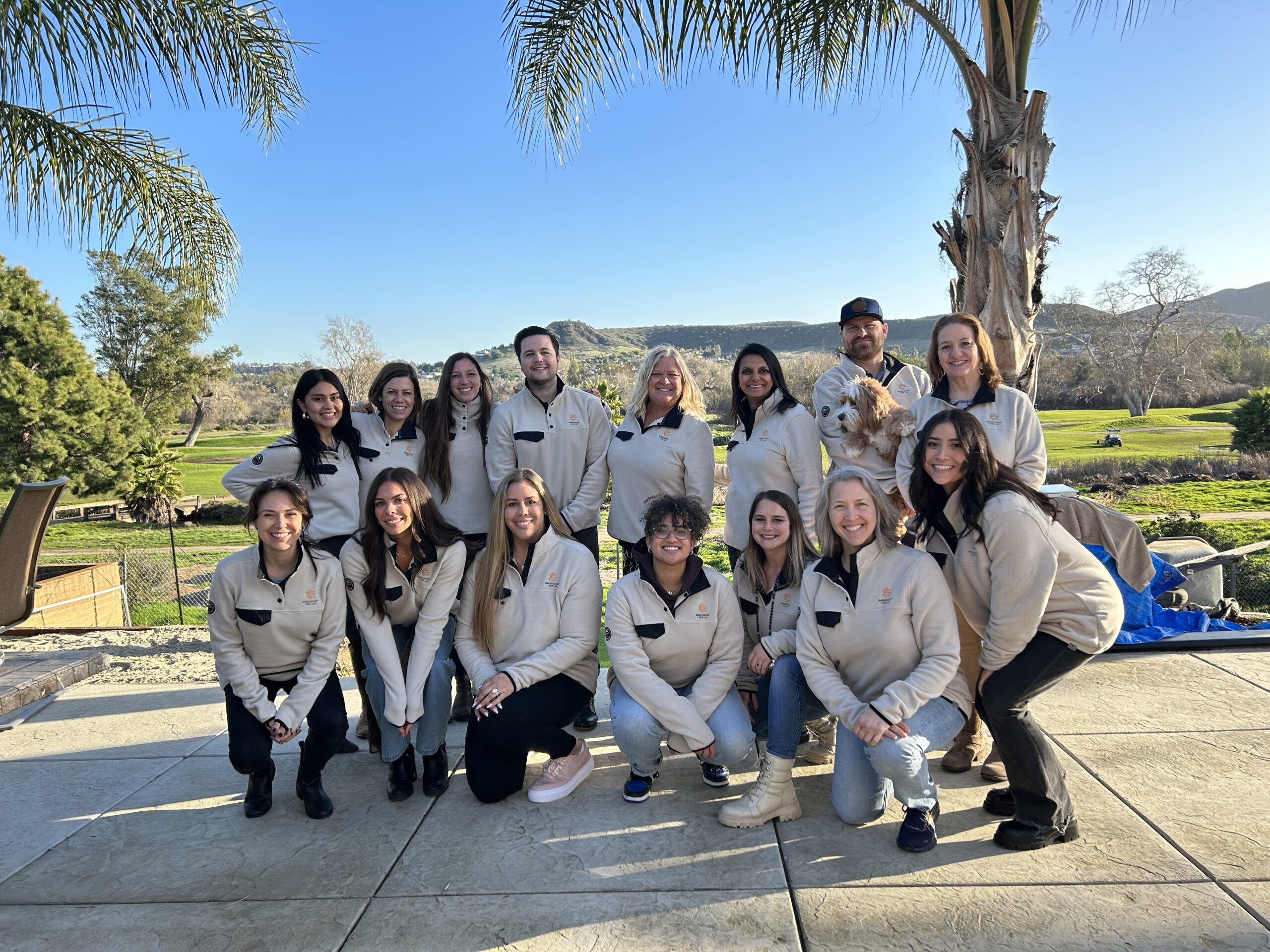
Haeggquist & Eck named 2023 “Best Places to Work in San Diego” by the San Diego Business Journal
The San Diego Business Journal’s Best Places to Work Awards program recognizes outstanding companies whose benefits, policies and practices are among the best in the







